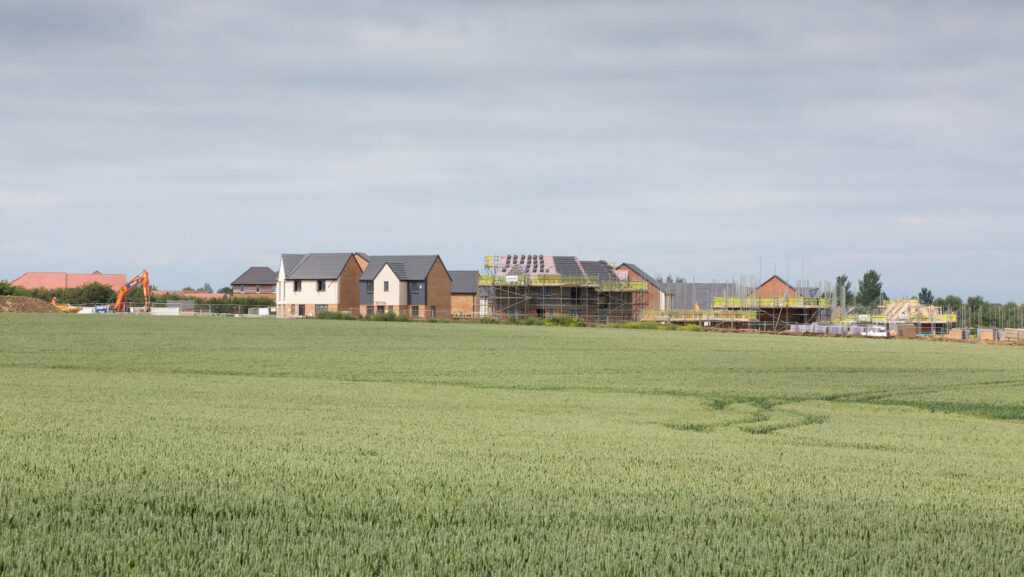BNG rule changes could exempt small sites and cut unit demand
 © Tim Scrivener
© Tim Scrivener Landowner income from selling Biodiversity Net Gain units could fall if developments of nine houses or fewer are exempted from biodiversity net gain (BNG) requirements.
The potential for exemptions is contained in a Defra consultation which opened on 28 May, part of a series of reforms to relax planning rules and help the government meet its target of delivering 1.5m new homes in the current parliament.
See also: Biodiversity net gain – how things stand one year on
In addition, the BNG rules for a new class of development, medium sites of up to 49 houses, may be simplified.
Streamlining BNG requirements
Small sites are known as minor sites in planning terms. Further BNG reform options include simplifying Defra’s Small Sites Metric (SSM) for calculating biodiversity baselines and BNG uplifts for these sites and whether medium sites should be able to use the SSM.
See also: Kent landowner’s BNG project highlights the market’s challenges
BNG requires developers in England to deliver a measurable 10% positive impact on the biodiversity associated with their sites.
The gain can be implemented on site or on other land, so providing potential income for farmers through long-term agreements (30 years) on which the biodiversity units are created and sold to developers.
Market impact
If exemptions are granted for small sites it could reduce the market for BNG units.
However, the consultation also suggests alterations to the SSM that would make off-site BNG provision easier.
BNG unit broker Hugh Townsend, of Townsend Chartered Surveyors, said:
“Exemptions for minor sites flies in the face of the government’s aims and the whole purpose of the legislation regarding ecological benefit. It would exempt 80% of transactions and would definitely harm the market.”
Environmental groups have also condemned the idea of exempting small sites.
Richard Benwell, chief executive of Wildlife and Countryside Link, England’s largest environment and wildlife coalition, said:
“These changes could leave the Biodiversity Net Gain system dead in the water and, with it, the government’s main guarantee of nature-positive planning.”
The changes would also potentially allow developers to break up large projects into smaller ones to avoid the BNG rules, said the coalition.
